This blog post is going to be dedicated to coronavirus and how it has impacted my zero-waste journey. The coronavirus has presented many issues for everyone around the world. Once we started to realize how serious this virus is and how it might impact our daily lives now and in the future, I like most people decided to go get enough food to help support myself and family during this unknown time.
This meant that I had to put aside a lot of my zero-waste habits that I have picked up during this journey. Bulk Barn switched to using single-use plastics only, coffee shops also banned people from using their own cups and as the grocery stores has limited supplies I find that I am having to opt for products that have more waste than what I normally would feel comfortable with purchasing. Regardless of Bulk Barn and coffee shop policies, I don’t feel comfortable going to these places anyways, as I feel like they would be of a higher risk to spread the virus. I know that I can sanitize things purchased at the grocery store, whereas a cup of coffee and a jar of beans I can’t.
Right now, I feel that our main concern is keeping safe and healthy. So, being zero-waste is unfortunately not as important. Here are a few tips that I have been keeping in mind during the pandemic:
- Buy only What you Need: (this is hard, because of how unknown everything is right now. I also hate going to the grocery store because I feel like everything I am purchasing has the virus all over it…)
- Use What you Have: this goes in hand with the point above. I have enough food that I can use without going to the grocery store for awhile. I think planning on doing one bigger grocery shop a week is a good plan and something I use to do normally before coronavirus)
- Avoid Food Waste: I currently have quite a bit of food in my fridge right now and I have been making a meal plan to ensure that I do not waste any food!
- Grow Veggies at Home: Before everything basically closed, I went to a garden store near by and purchased kale to grow on my balcony. Planting made me feel less anxious about what is going on in the world and also made me feel better to know that I should have kale to eat in a few weeks!
- Up-cycle: I have already been collecting household items (egg cartons, toilet paper rolls, etc) to use for future crafts or learning activities for the two children at home that I will be looking after during the school closure.
These little tips have been making me feel better about what is going on and I also feel that with quite a few negatives around COVID-19 there are also positive things that should be noted with regards to the environment. There have been articles suggesting that Venice’s canals are crystal clear from the decrease in boats, there has been a significant decrease in air pollution due to travel restrictions and quarantine. Although, these changes are likely temporary, perhaps people will begin to recover from the pandemic with the environmental crisis in mind and shift the ways that we operate without crippling our economy.
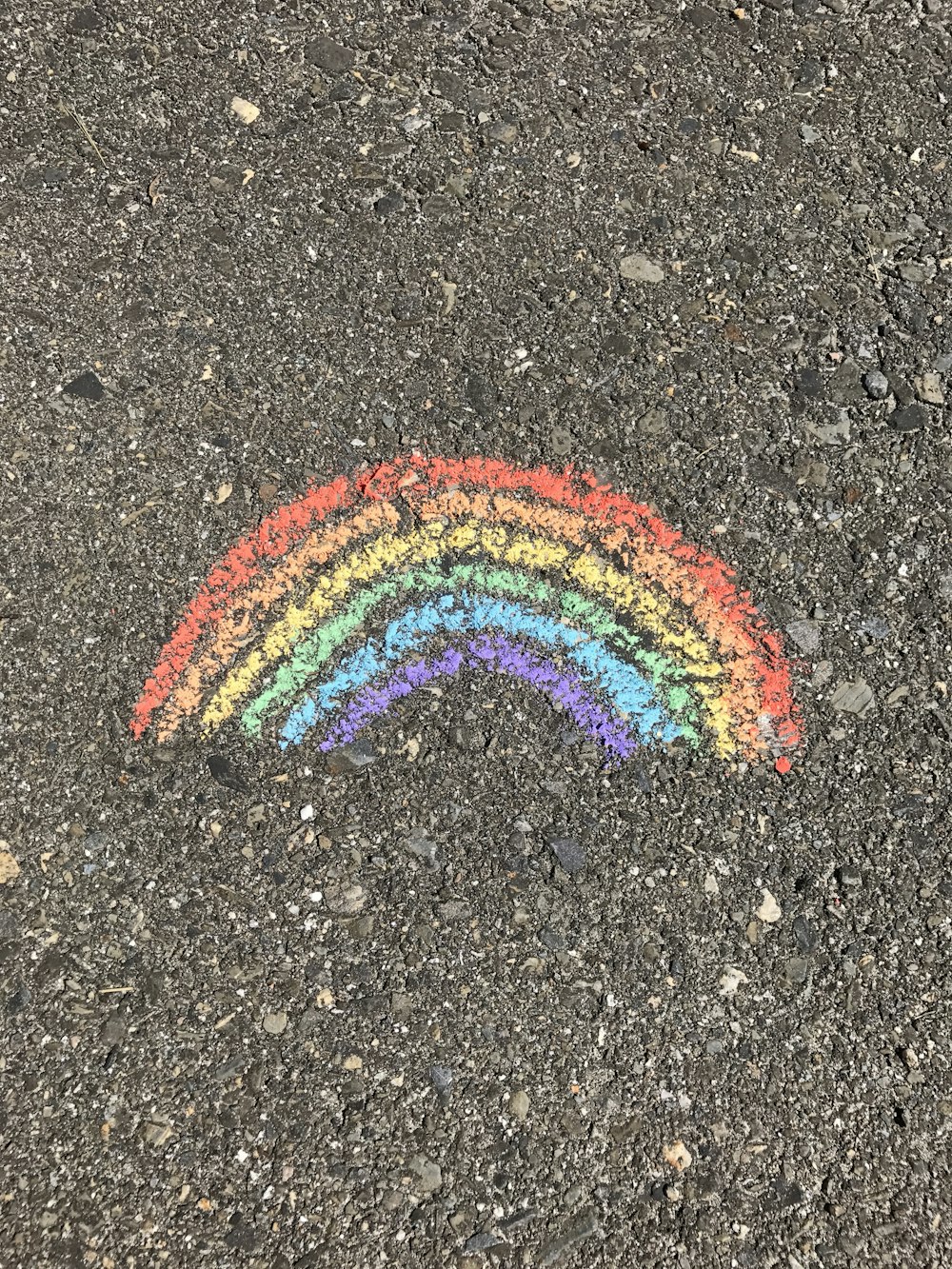
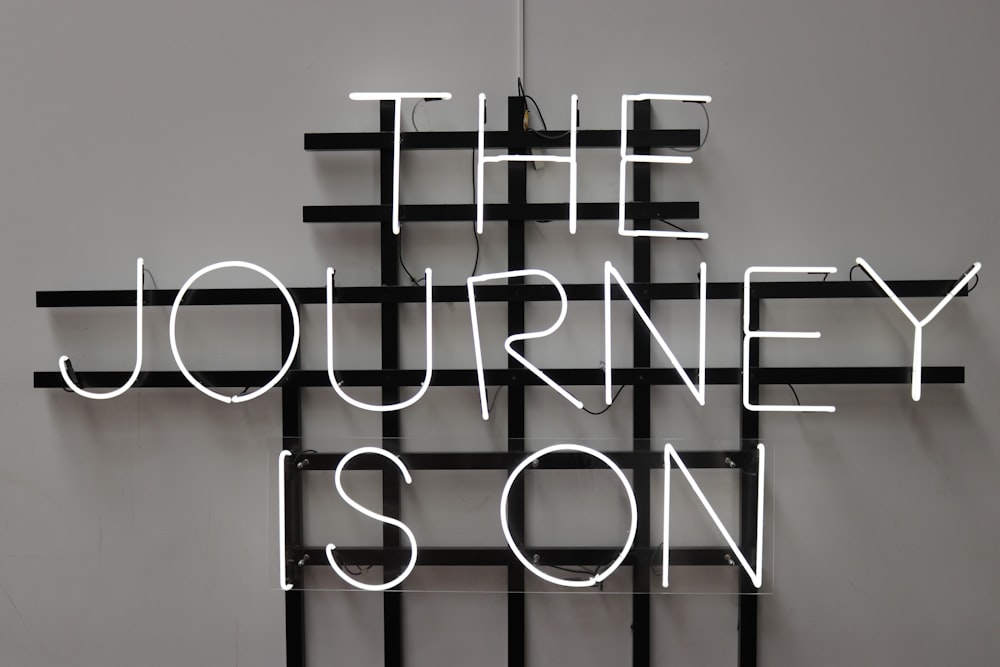
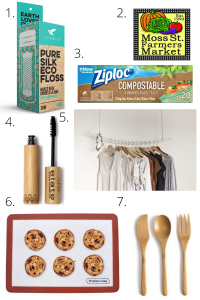


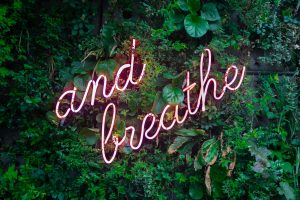
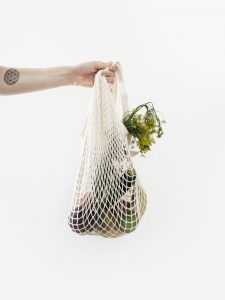
Recent Comments